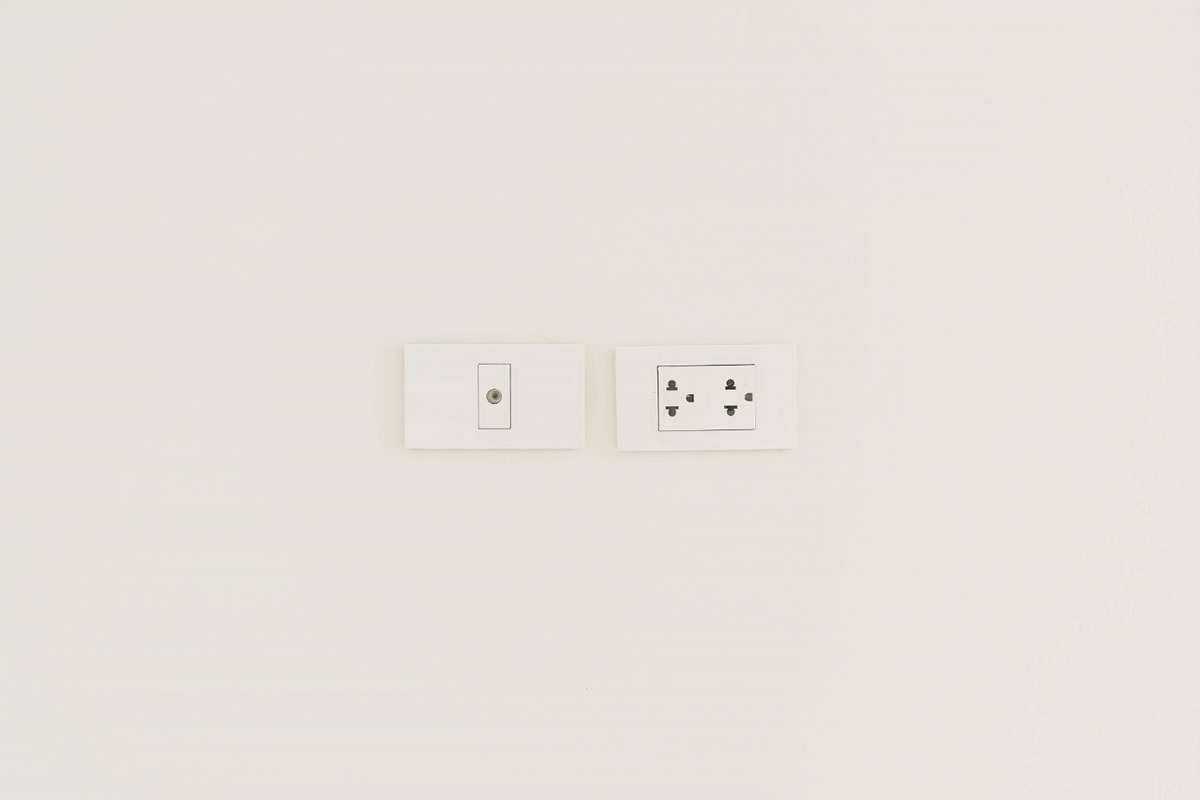Types of Electrical Outlets You’ll Find Inside Your Home

Electrical outlets power all of our devices, technology, appliances, and equipment that keeps our homes running smoothly. Electricity is essential to living in our current age, as it provides us with access and resources to do anything we please. As electricians in Apopka, FL, we help many homes improve their electrical practices, conserve electricity, and practice safe electrical habits. When you understand how the electricity in your home works, you can avoid hazards and notice when problems arise. First, it is important to understand electrical outlets and how they operate.
2-Prong, 120 Volt Outlets
You can find many 2-prong 15A, 120 volt outlets in older homes. These 2-prong outlets do not offer as much safety as more modern 3-prong outlets because they don’t have a grounding hole. Nowadays, these outlets are not up to building codes, so they do not install them anymore. When you own an older home, you may run into these and need to replace them. Most standard, modern-day chargers, lamps, and appliances would not even plug into these types of outlets.
3-Prong 15A, 120 Volt Outlets
A 3-prong 15A, 120 volt outlet is the most common type of outlet in the home. This is the outlet that most people picture in their minds when they think of an electrical outlet. It features two slots and a grounding hole. Because this is the most common and standard type of outlet, it can power most normal appliances, devices, chargers, and lamps.
Tamper-Resistant Outlets
Have you ever accidentally stuck your finger in an outlet when you were a kid? Nowadays, they make something to prevent you from getting shocked when you or your kids do this. A tamper-resistant outlet features a shutter mechanism that prevents electrocution and other electrical injuries that can happen. In fact, most homes require these outlets to keep everyone safe.
GFCI Outlets
Ground Fault Circuit Interrupter outlets, or GFCI outlets, are often required in rooms that may be exposed to water, like your kitchens, bathrooms, and exterior spaces. GFCI outlets help to prevent dangerous ground faults by cutting power if it senses electrical leakage or water present.
AFCI Outlets
AFCI, or Arc Fault Circuit Interrupter, outlets are also designed with your safety in mind. These outlets prevent electrical fires by cutting power when any hazards, like electrical leaks or water, are present. In fact, they are so effective that they are now put in most rooms in the room.
Switched Outlets
Switched outlets can come in handy if you have appliances, lights, chargers, or computers that you need to have plugged in all the time. Because this use electricity even when they are powered off, you should conserve this energy by using switched outlets. Switched outlets allow you to keep things plugged in but turn down their power when you are not using them.
By understanding the types of electrical outlets in your home, you can treat them with proper care and practice electrical safety. If you need to change out electrical outlets in your home, you want to work with a professional. Contact our team of electricians in Apopka, FL to schedule your electrical inspection with us today!